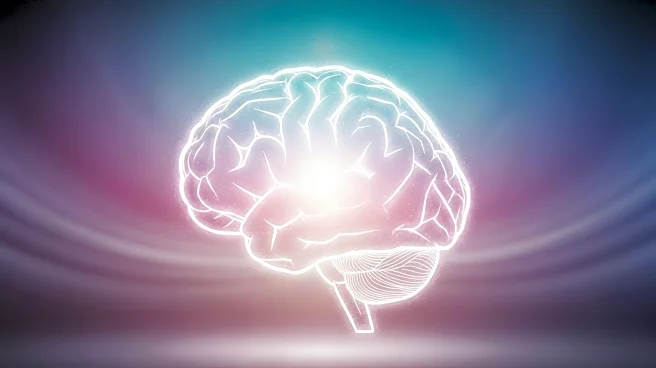What's Happening?
Recent studies have highlighted significant findings in various scientific fields. Researchers have identified brain states that can lead to epiphanies, which are sudden realizations that transform self-perception. This was discovered through studies involving MBA students and alumni, where problem-solving daydreaming was linked to stronger work-related epiphanies. Additionally, a million-year-old skull reconstruction has challenged existing notions of human evolution, suggesting a larger role for East Asia in human dispersion. Furthermore, a Canadian study has shown that lifestyle changes can significantly improve well-being in older adults, with nearly one in four participants over 60 achieving optimal well-being within three years.
Why It's Important?
These findings have broad implications across multiple fields. The identification of brain states conducive to epiphanies could influence educational and organizational strategies, promoting innovative thinking and problem-solving. The skull reconstruction challenges existing evolutionary timelines, potentially reshaping anthropological understanding of human origins. The study on well-being in older adults underscores the potential for lifestyle interventions to enhance quality of life, suggesting that age-related decline is not inevitable. This could impact public health policies and aging-related healthcare strategies, emphasizing preventive care and lifestyle modifications.












